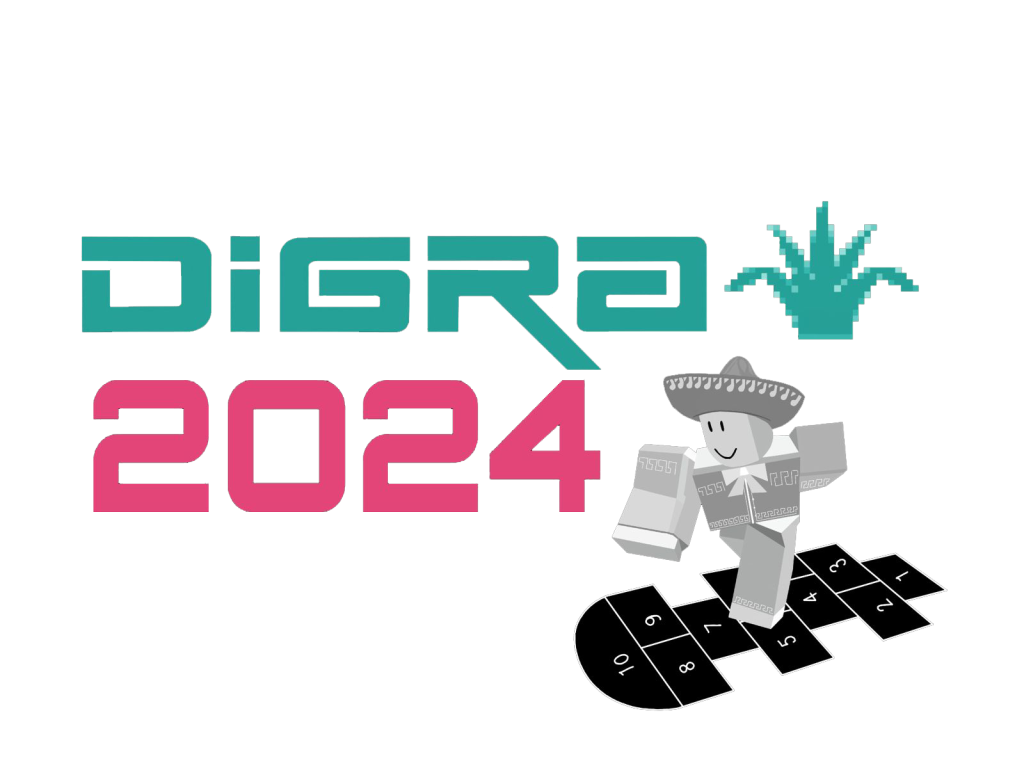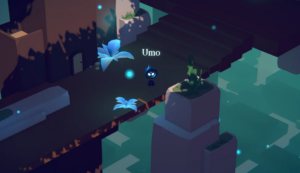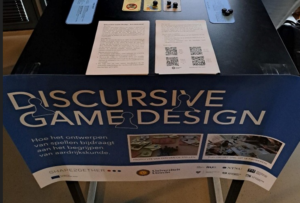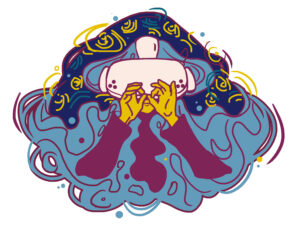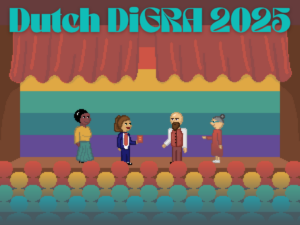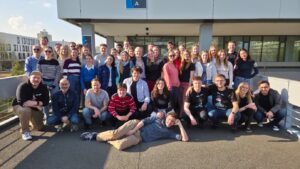Shape2Gether: Experiencing the Trondheim Summer School
In May of 2024 five UU students went for a week to Trondheim, Norway, to participate in the first of three summer schools as part of the Erasmus+ project Shape2Gether. This is their report of the summer school.


